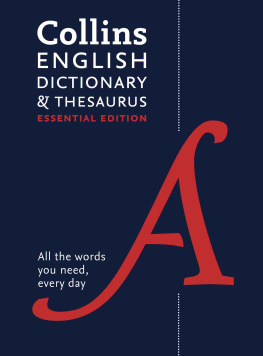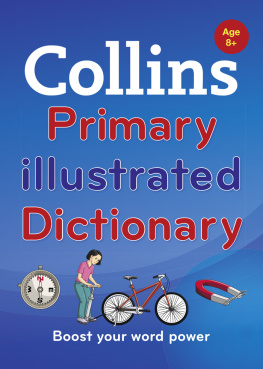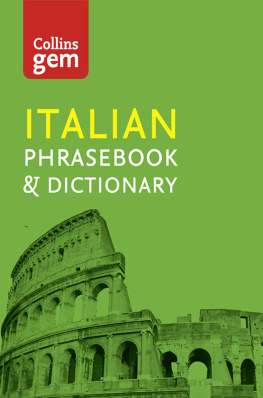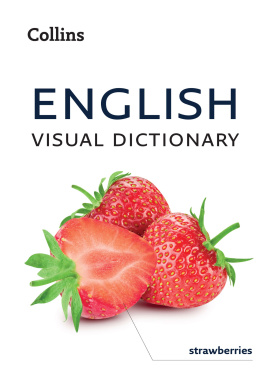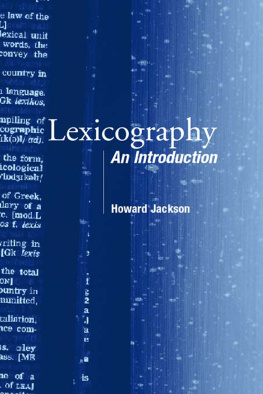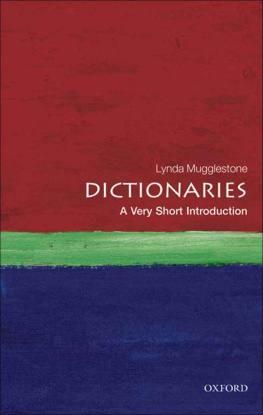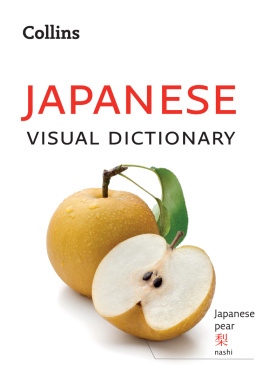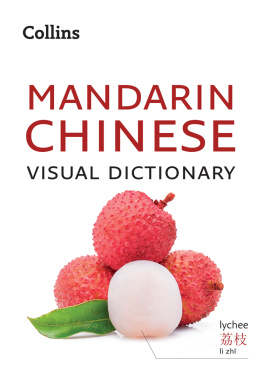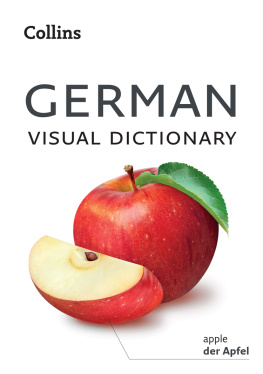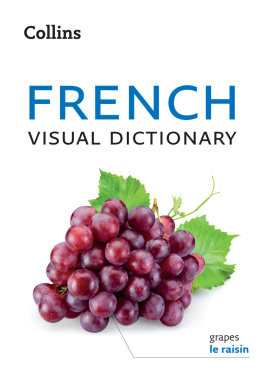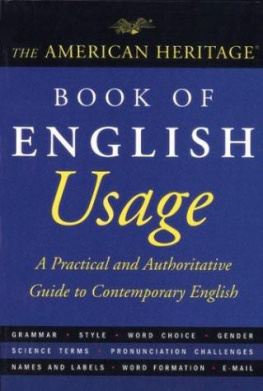No reference book, perhaps no book of any kind except the Bible , is so widely used as the dictionary. In Anglo-Saxon countries even homes that have few books or none at all besides the Scriptures possess at least one volume of the sort. Business offices are likely to have dictionaries; and most stenographers have a copy on their desks. At one time or another most girls and boys are required by their schools to obtain and use dictionaries. And English dictionaries can be purchased almost anywhere - in drug stores, the news stands at railway stations, even some supermarkets, as well as news dealers shops and book stores. Some people carry a vest pocket dictionary constantly on their persons.
To be sure, the use of such reference books is often merely to determine the correct spelling of words, or to find out the accepted pronunciation of words. Such functions of dictionaries cannot be regarded as intellectually important perhaps, but they do have social importance: for the person concerned it is a matter of moment that he does not suggest to others by misspelling a word in a letter or memorandum or by mispronouncing it in talk, that he has not been well educated or is not well-bred. Perhaps it should be added that dictionaries are in demand as helps in solving crossword puzzles; in fact I have seen in pharmacies and five-and-ten-cent stores volumes whose dust jackets proclaimed that they were designed expressly for use in working at such puzzles I wonder how honestly.
Despite this common experience with dictionaries, the average person is likely to have many erroneous ideas of them and little understanding of how to interpret them rightly, in fact how to use them profitably. Thus it is often thought that the mere presence of a word in a dictionary is evidence that it is in accepted use. Though most if not all such books have a system of characterising words as obsolete or in slang use, and marking as slang or colloquial certain meanings, many people, especially if their use of the word which they are looking up has been challenged, are likely to conclude that if they find it in their dictionary it is in reputable use.
Curiously enough, in holding such views people could cite good authority, but it would be that of a hundred years or so ago. The aim of dictionaries for a long time after the beginning of the eighteenth century was to exhibit only what was in the best use, the words, spellings and meanings employed by the best authors, and all else was suppressed; indeed it was not uncommon for the lexicographer to assert emphatically that no low words would be found in his book. Evidently that practice so impressed the popular mind that it is still not conscious of the great change which has taken place in the preparation of present-day dictionaries. Such a cultural lag is by no means rare: elementary text-books and books on scholarly subjects prepared by popular writers for the general public frequently express ideas or state as facts hypotheses which scholars in the subject have not held for fifty years or more; for instance, it is still asserted that Chaucer was born in 1328, though real authorities on his life have long held that his birth date was about 1340, or more recently 1343 or 44; and the story that Shakespeare as a boy held horses for gallants during performances at the theatre is still retailed, though there is no evidence for it.
Similarly the non-bookish layman almost invariably supposes that one dictionary is as good, as authoritative, as another. In the United States this misapprehension is strengthened by the fact that any publisher may ascribe his book to Webster, a potent name not only because of its historical eminence in lexicography and the fact that the excellence of some of the books which bear it has given it prestige, but because the man in the street is convinced that it is that of the great orator and politician, Daniel Webster, whose powerful personality has made a strong impression on the folk mind, as witness the story The Devil and Daniel Webster.
Finally there is a false notion that the dictionary has absolute authority. Its statements are used frequently to clinch arguments; in part this idea derives from an entirely proper use of a dictionary by lawyers or judge in court, or by a pastor in a sermon, when the purpose is merely expository, to make clear the meaning of a passage; in such cases a dictionary definition has a certain advantage because it cannot have been coloured in any way by the speaker, but only rarely can particular circumstances make it valid as part of the proof, and then only if all dictionaries agree substantially (otherwise the opponent can invalidate the proof by citing another dictionary). There is of course an exception to this generalisation, namely, when agreement has been made in advance that the statement of a particular dictionary shall constitute final proof. Otherwise the authority of dictionaries is only that of the men who made them; naturally, however carefully they proceed, they are fallible; and it is easy to show that reputable dictionaries often disagree in their judgments; indeed, a new edition of a dictionary may reverse the stand taken in a preceding issue; for example, there are great differences between the 1909 edition of the Merriam-Webster and the 1961 edition in the hyphenation of compound words.



